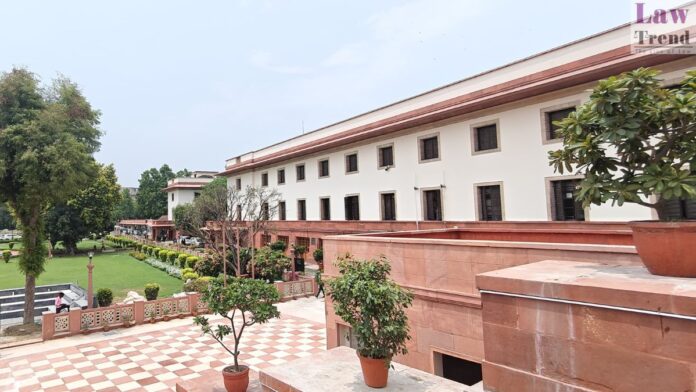The Supreme Court of India reiterated on Friday that it does not have the authority to enforce time-bound resolutions in High Courts, underscoring the independence of these courts. The clarification came during a hearing of a plea for interim bail by a woman whose child had failed in multiple subjects.
Justice Vikram Nath and Justice Prasanna B Varale, presiding over the case, emphasized that High Courts are not subordinate to the Supreme Court, thus the apex court cannot compel them to expedite case hearings. This principle was highlighted during the discussion of a bail plea by Geeta Arora, famously known as Sonu Punjaban, whose application for sentence suspension had lingered in the Delhi High Court for an extended period without resolution.
Arora’s lawyer lamented that despite 36 court sittings, the Delhi High Court had not yet addressed the suspension of her sentence, noting that the roster judge had not heard more than 15 cases daily. “My child needs me. I have been getting parole earlier as well. High Court has not yet decided on my plea. With due respect…can this Court direct for timely disposal?” the counsel pleaded.
In response, Justice Nath stated, “We can request the High Court to take up your plea for suspension of sentence. (But) Do not raise such requests. High Courts are not subordinate to the Supreme Court. We cannot direct them for time-bound disposal of any particular case.”
Also Read
The Supreme Court has consistently maintained that High Courts, as constitutional courts, operate independently of the Supreme Court’s administrative superintendence. This stance was further confirmed in a statement earlier this year by Supreme Court Justice Abhay S Oka, who stressed the importance of recognizing the equal significance of all courts within the judiciary.




